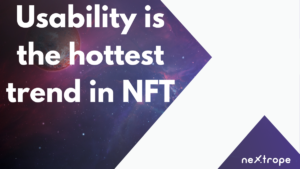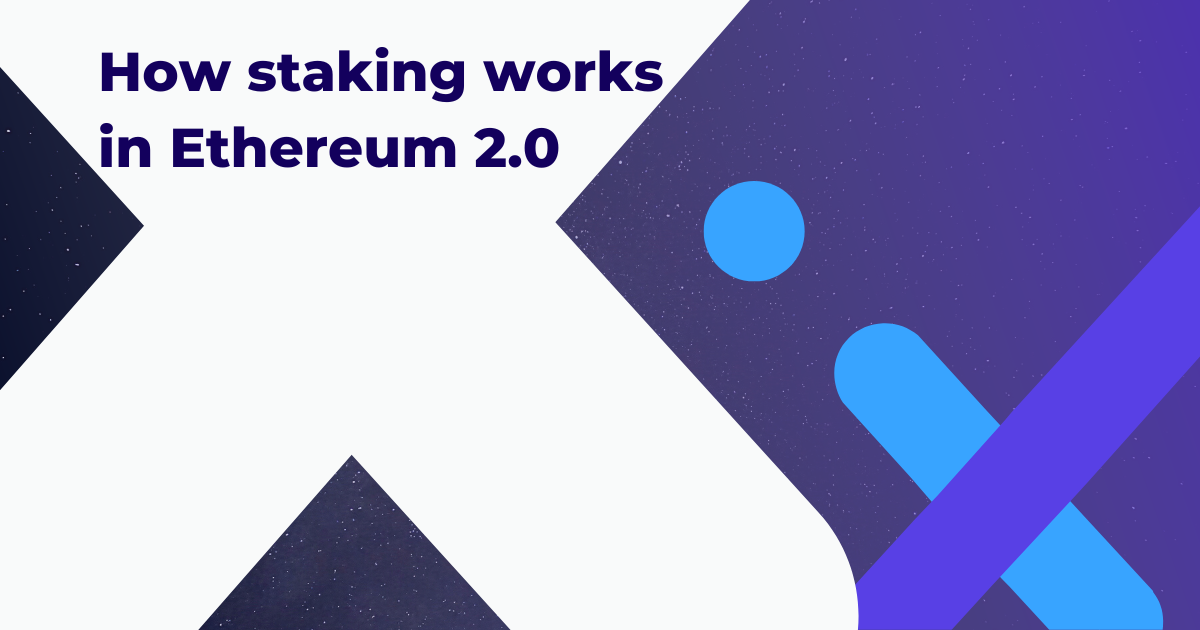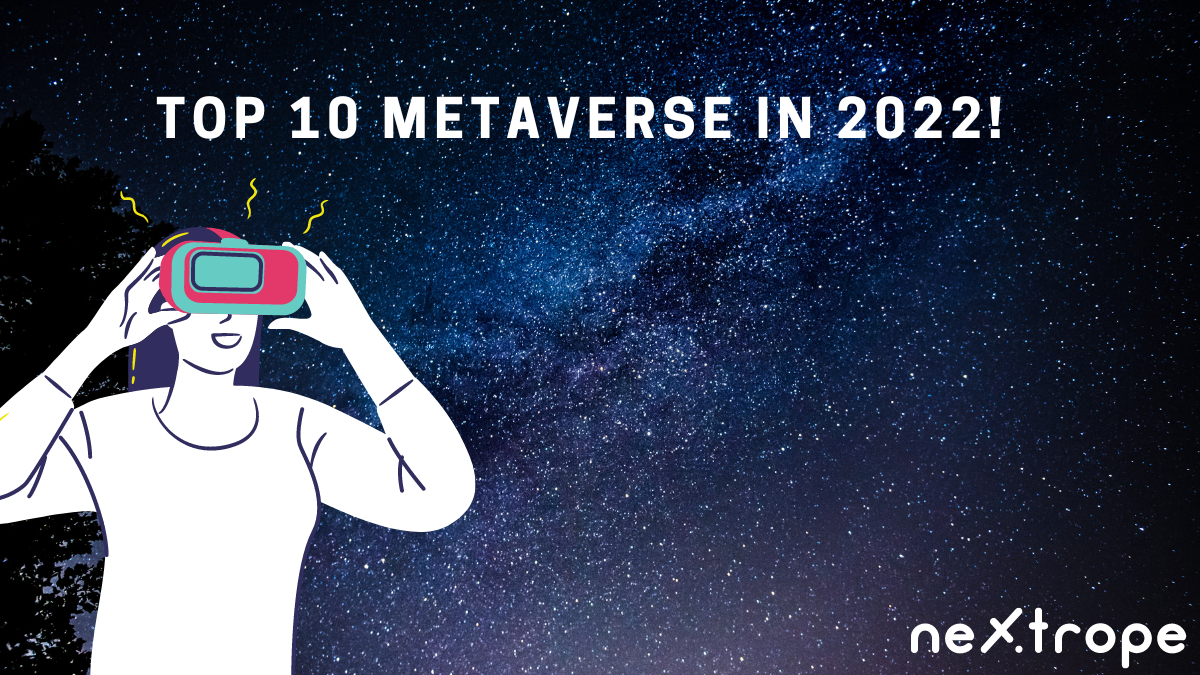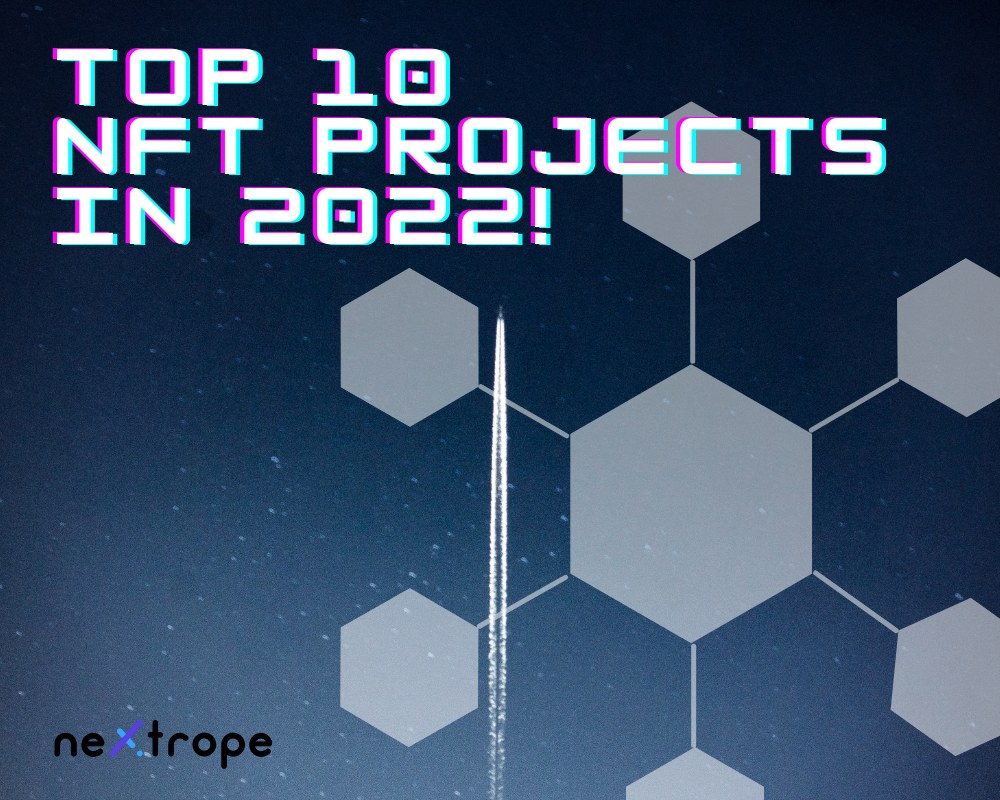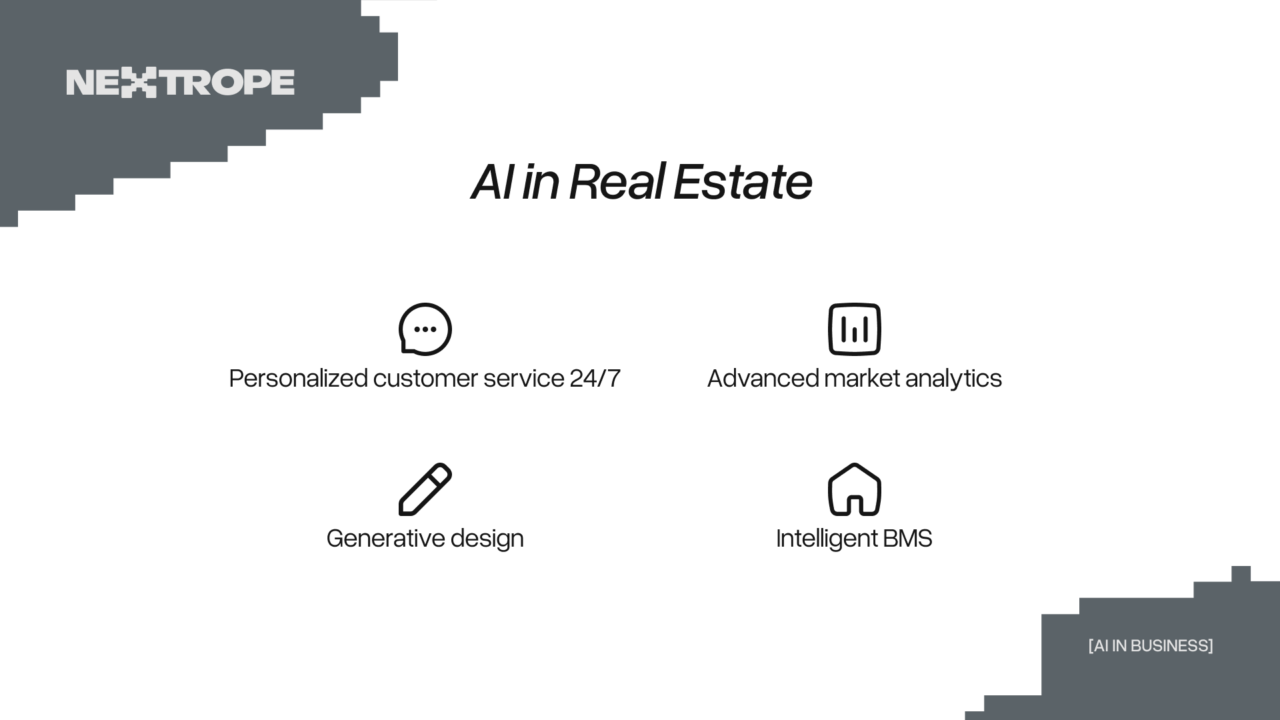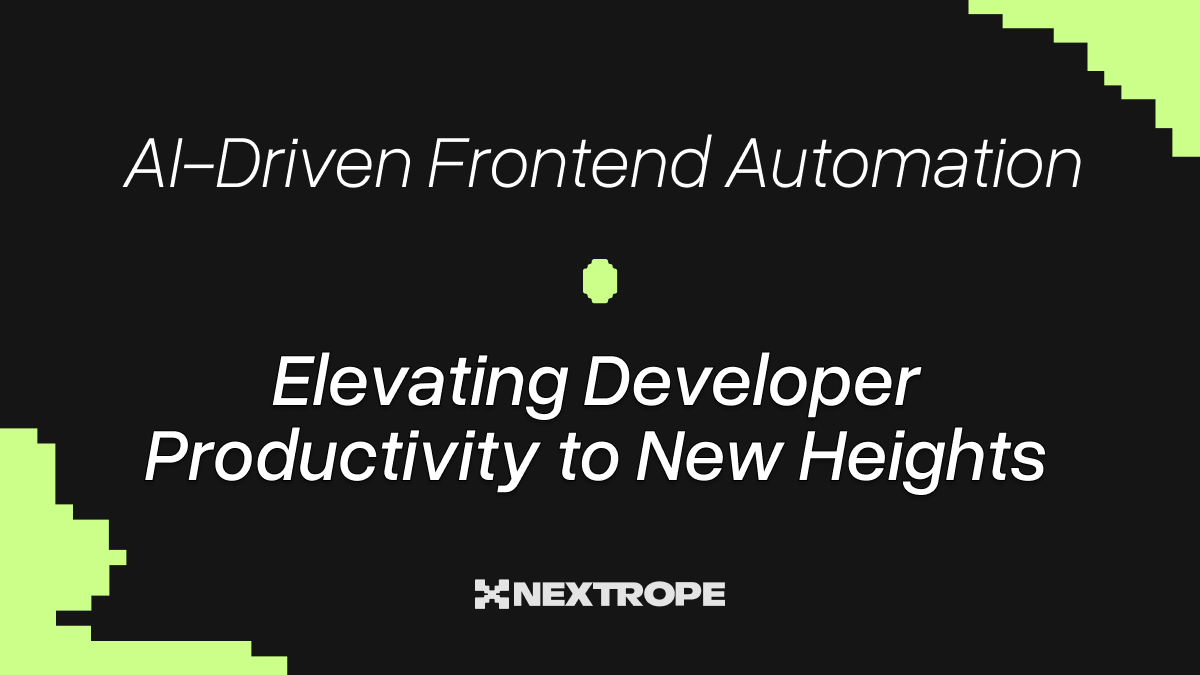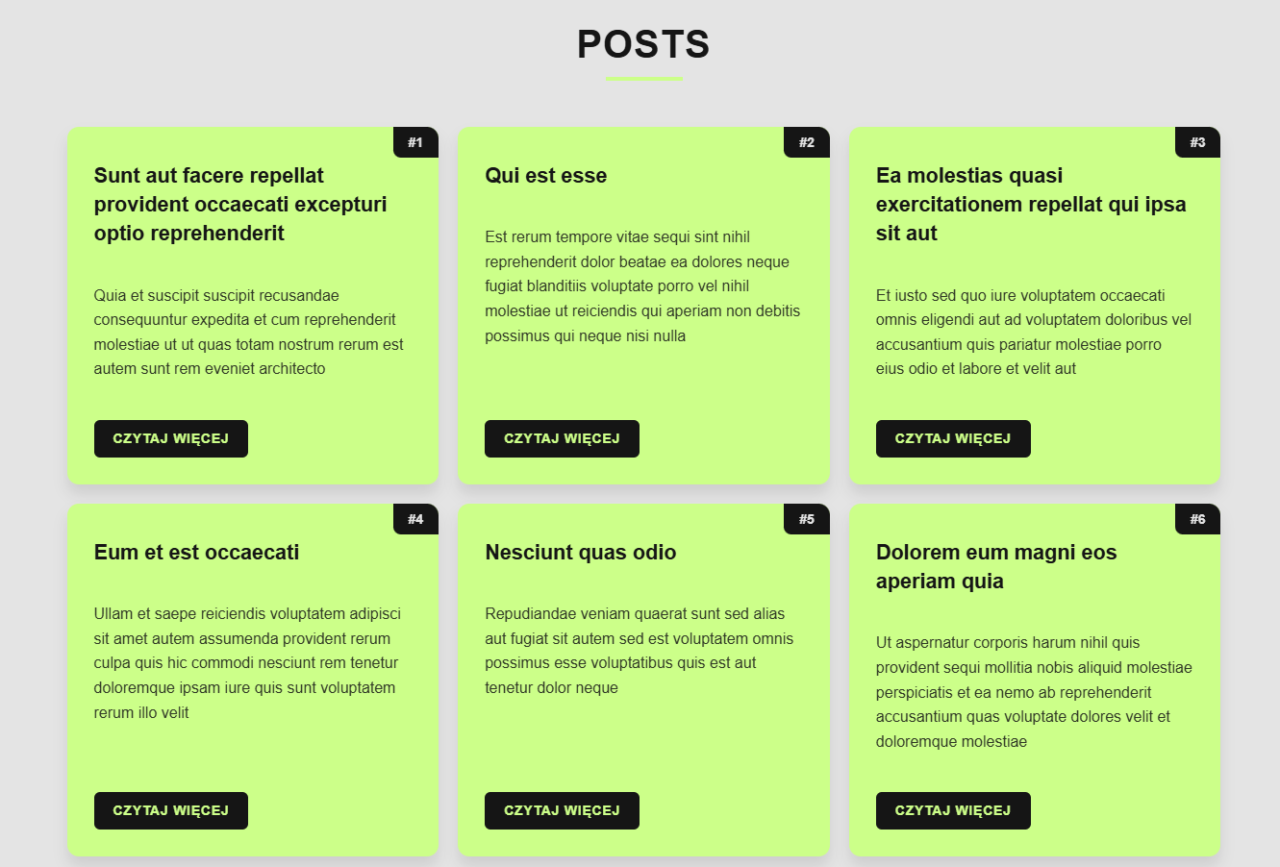NFT is gaining popularity not only in the new technology sector but also in the real business world. Currently, NFT can be divided into two groups:
- Collectible items - these are tokens intended to be collected and owned - such as artwork, celebrity merchandise, entertainment content, Twitter names/domains, and memorabilia
- Consumables are things or rights that can be realistically used, e.g., the right to download limited edition music, the right to share products and content, etc.
What this means in practice is that an NFT with a utility function realizes its value based on services provided, consumption, and cooperation between companies. How does NFT create value? When do products become helpful, and how can they be used - we write about this below!
How does NFT create value?
We should remember that quantitative and qualitative factors influence NFT value. In practice:
- utility,
- rarity,
- liquidity is the main factor of value creation.
The market is shaping to treat utility as the primary value, which determines the approximate range of benefits obtained from owning NFTs. In addition to utility, rarity also increases their value. Typically, NFTs are issued in limited quantities - sometimes unique - gaining additional cache among collectors, so even a small increase in demand can lead to a rise in their price. It's important to remember that NFT transactions rely on liquidity, just like existing cryptocurrencies. This is important because liquidity makes people willing to take the risk of holding NFTs at high prices, thus increasing their value.
Emotion, and value and utility in NFTs
The primary factor affecting the value of NFTs in terms of utility is the emotional charge that accompanies a product or service. Emotions show people's broad interests and tastes. It should be noted that an emotional approach in NFT arises when it is backed by, for example, social status, finances, property rights, great experiences, etc. When the above factors combine, the emotional appeal of an item leads to increased demand.
Utility of NFT for business
The usefulness of NFTs lies in their use of blockchain technology. With it, all rights and ownership of NFTs are extraordinarily secure and guaranteed. Smart contracts, blockchain, and NFT are gaining popularity in everyday life. It's easy to imagine a world where all contracts, movables, and real estate are reflected in NFT—selling a house using NFT? Nothing more straightforward - once the amount is booked, the smart contract will automatically transfer the rights to the new buyer, skipping all the red tape and selling a car. NFT will transfer, register and transfer ownership of the vehicle to the buyer once the funds are booked. It's a completely secure, fast, and transparent solution. No one will break blockchain technology, forge the title deed, sales contract, etc. Instead of looking for documents to prove ownership, this NFT will give you an actual record of the entire ownership history of the item.
The utility of NFT, and documents
Nowadays, most people know that paper transactions are inefficient, require more staff, and are easy to lose (fire, flood, lost documents). Nevertheless, the paper has an advantage over documents in the cloud - confirming the authenticity of classic documentation is easier. In addition, documents stored online can be hacked, copied, or altered, which happens very often and generates high costs for companies. NFT transactions can solve both of these problems. They provide another form of security to digital commerce while making the entire process more efficient. Everyone involved in the transaction can follow the path from the creation of the NFT to the final version in real-time and know who else is involved. Identity theft can be a thing of the past. The assets represented by the NFT are tracked and verified for existence, increasing the confidence of all parties that transactions are carefully planned.
Advantages of utility in NFTs
NFTs themselves carry some advantages. The following are benefits that can be directly linked to utility:
- They can significantly reduce transaction processing costs for buyers and sellers of goods or services.
- NFTs are easy to create, and a person can enter a few NFTs per hour - something they can't do with physical documents or even a large number of digital documents.
- Enhanced security - no possibility of forged documents thanks to blockchain technology.
- No bureaucracy - the process is automatic using smart contracts.
- Interoperability - NFT helps keep all rights, settlements, and ownership between the consumer and the company in one place.
Utility in NFT improves the brand-consumer relationship
Whether the NFT in question is musical, artistic, or collectible, it can be used to improve the relationship between artists and fans. Artists, in many cases, give preference to their art to fans who are in their clubs. NFT makes it easier to identify fans and even presents a history of their brand loyalty. Usability in NFT also allows communication between seller and buyer, which can be used to promote or pay for the artwork.
Problems with utility in NFT
We wrote earlier about the emotional charge associated with NFT. Like any solution, usability in NFT can carry some drawbacks. The first of these is undoubtedly the availability of the product. This is because blockchain technology and NFT (although constantly developing) are still known in a closed environment. The process, from creating a decentralized wallet to purchasing the final NFT, is complex. Having to double or triple fees along the way can be very inconvenient, especially for the general public. Additionally, many countries have legislative problems regarding NFTs. There are different criteria for interpreting NFTs as virtual assets, and many countries are having trouble regulating them. Although it appears to be a complicated sector, it can significantly facilitate many areas of the economy in practice.
Examples of utility in NFT
Some companies are implementing NFT usability into their businesses, moving with the times. Below are examples of sectors that are already using it:
- Art - Art Blocks is a leader in next-generation art. The listed platform supports the projects of the most innovative digital artists, combining creative coding with blockchain technology to establish a new paradigm of artistic creation and ownership. Through NFT's utility, collectors can participate in the realization of an artist's vision, resulting in unique algorithmic artworks. This symbiotic relationship and shared experience are the foundation of a vibrant community.
- Socks - is a sales project affiliated with Uniswap, where the purchase and sale of socks are made real by NFT. SOCKS are ERC-20 tokens and can be used like any other ERC-20 token on Ethereum. Uniswap created an initial liquidity pool of 500 SOCKS and 35 ETH to facilitate user trading. It's an exciting and humorous concept combining NFT with a real product.
- Jewelry - Tiffany & Co, a luxury jewelry company, intends to sell NFTs that give CryptoPunk holders the right to turn their NFTs into custom pendants containing gems and diamonds. It's a concept that works in reverse to SOCKS because here, you are really buying a charm that you can then wear in the CryptoPunk metaverse.
- GMI hoodie - Each hoodie contains an IYK chip that can be scanned upon receipt to obtain a combined NFT token and $1 GMI token. You don't need to download the application to make a claim. If you sell your hoodie, the new owner can pull the NFT from your wallet into theirs. This exciting project combines broad movable property rights - both classic and digital - in one place.
Summary
The utility of NFT is one of the most important features of this kind of technology. It allows the transfer of property rights, improves the relationship between consumers and creators, and minimizes bureaucracy. Some companies are already taking advantage of NFT's usability - others are just analyzing the possibility of implementing this system into their corporation. It is undoubtedly one of the most exciting topics in 2022, so it is worth learning about its advantages and disadvantages!
 en
en  pl
pl 
